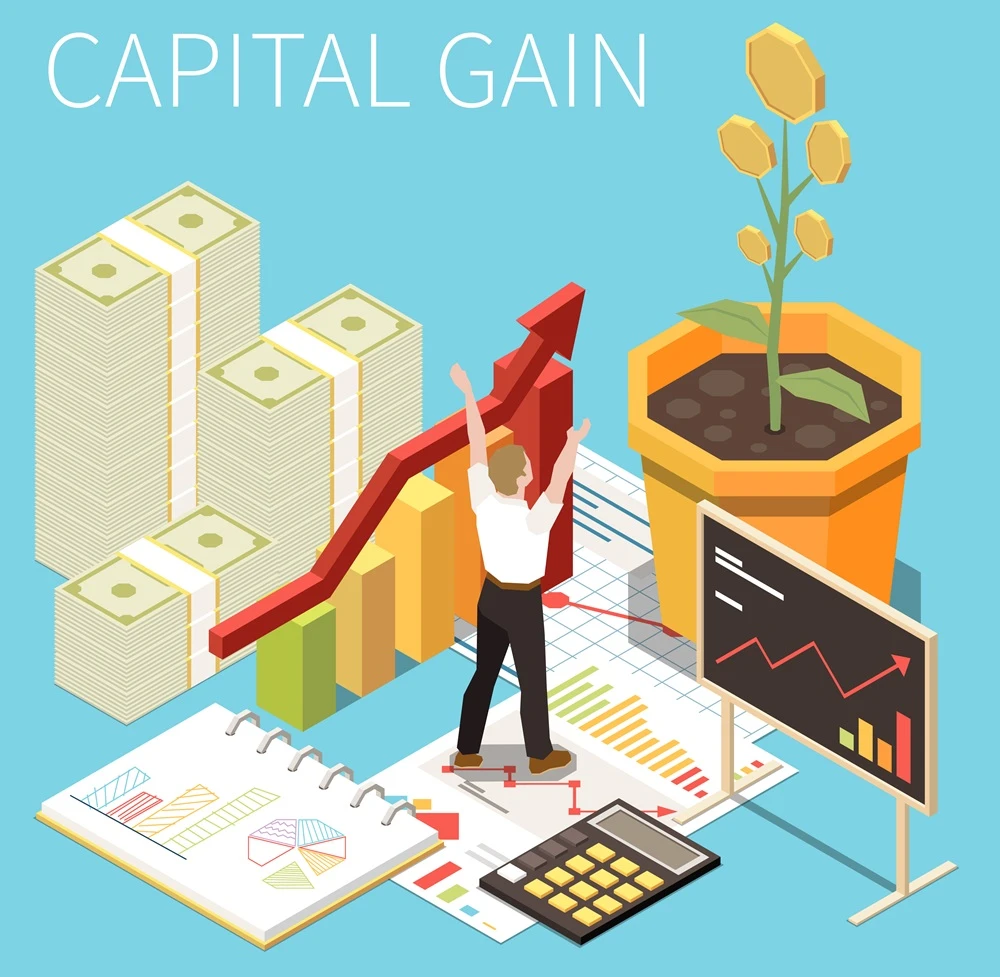In an increasingly data-driven world, the ability to interpret economic indicators can offer powerful insights into your financial well-being. From interest rates to inflation reports, these figures are more than just headlines, they directly influence the financial decisions of everyday individuals. Whether you’re building your savings, investing in the stock market, or planning for retirement, understanding how these indicators affect personal finance is essential.
That’s why more Canadians are turning to professionals. By working with the best financial wealth advisor in Calgary, you can align your financial strategies with the broader economic climate and avoid being caught off guard by unexpected changes.
What are Economic Indicators?
Economic indicators are statistics that reflect the overall health of a country’s economy. They help governments, institutions, and individuals make informed decisions by offering insight into trends like inflation, employment, and GDP growth. But how do these abstract numbers impact your finances? The answer lies in their ripple effect, when interest rates rise, for example, borrowing becomes more expensive.
When inflation increases, your purchasing power declines. This shift can influence everything from mortgage payments to investment returns. With guidance from the best financial wealth advisor in Calgary, you can interpret these signals and proactively adjust your financial plan to stay ahead.

How do Key Indicators Impact you Directly?
Data points offer a window into the economy’s direction, but understanding how they affect your personal financial goals requires expertise. That’s why partnering with a trusted investment advisor in Calgary can be a valuable step in your financial journey.
Let’s look at several key economic indicators and how they can reshape your financial outlook:
- Inflation Rates – This measures how much prices rise over time. High inflation can erode the value of your savings unless your investments are keeping pace.
- Interest Rates – Set by central banks, these influence loan rates and mortgage repayments. When interest rates rise, borrowing becomes more expensive—but savings may also generate better returns.
- Unemployment Rate – A high unemployment rate can reduce consumer spending and affect job security. During unstable periods, it may be wise to boost your emergency savings.
- GDP (Gross Domestic Product) – This reflects the country’s total economic output. A strong GDP often signals business growth and increased investment opportunities.
- Consumer Confidence Index – When consumers feel optimistic, they tend to spend more, which helps stimulate the economy. A decline in confidence might be a cue to take a more cautious financial approach.
Why Working with an Advisor Makes a Difference
Financial conditions are always evolving. While some indicators may signal positive trends, others can point to the need for financial caution. Navigating these shifts requires both experience and foresight. That’s where a trusted investment advisor in Calgary becomes essential, not just reacting to market changes but actively positioning your investments, budget, and retirement plans to stay resilient through economic ups and downs.
With expert guidance, you can reallocate your portfolio in response to interest rate changes, protect your purchasing power during inflation, adjust debt strategies as borrowing conditions shift, and strengthen your emergency savings in uncertain times. Rather than fearing the market, you gain the confidence to respond with clarity and control.
Practical Tips for Staying Financially Resilient
By grounding your financial decisions in a clear understanding of the economic environment, you build a foundation of resilience and adaptability.
Here are a few ways to incorporate economic insights into your personal finance plan:
- Stay Informed – Read monthly financial updates or subscribe to a reliable economic newsletter.
- Be Flexible – Leave room in your budget or investment plan to adjust when the economic climate shifts.
- Review Regularly – Meet with your investment advisor in Calgary at least twice a year to realign your financial goals.
- Think Long Term – Avoid making reactive decisions based on short-term data trends.
Final Thoughts:
You don’t need to be an economist to manage your money wisely, but understanding the key indicators that shape the financial world around you is essential. From interest rate adjustments to inflation forecasts, these signals provide valuable insights into where your personal finance strategy should go next.
Whether you’re saving for future growth, investing in global markets, or planning for a major life event like marriage, partnering with the best financial wealth advisor in Calgary ensures you won’t have to navigate those changes alone. Economic shifts are constant, but with the right knowledge and guidance, your financial confidence can be just as steady.



